SITHCCC018: Carbohydrates, Functions, Sources and Dietary Needs
VerifiedAdded on 2022/09/14
|16
|704
|18
Report
AI Summary
This report examines the crucial role of carbohydrates in the human body, emphasizing their function in energy provision, muscle preservation, and digestive health. It details how carbohydrates, particularly glucose, serve as the primary energy source, with excess glucose stored as glycogen. The report highlights the importance of both simple and complex carbohydrates, with the latter including sources like starchy vegetables, whole grains, and legumes. The report further discusses how fiber, a type of complex carbohydrate, aids in digestion, improves cardiovascular health, and assists with weight management. The report concludes by advocating for a balanced diet that incorporates adequate carbohydrates to support optimal bodily functions, countering misconceptions about their negative impact on weight gain.
1 out of 16

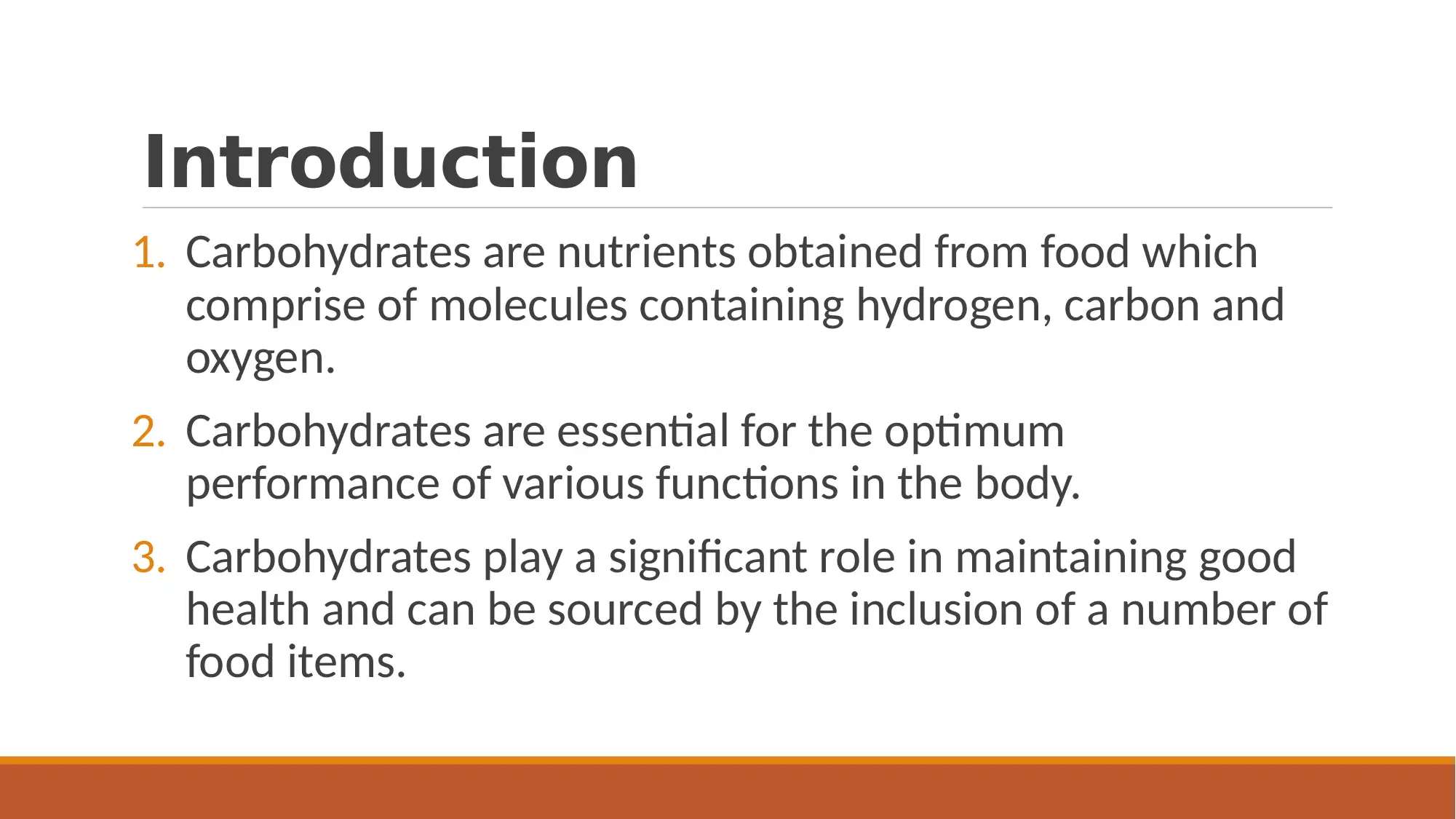
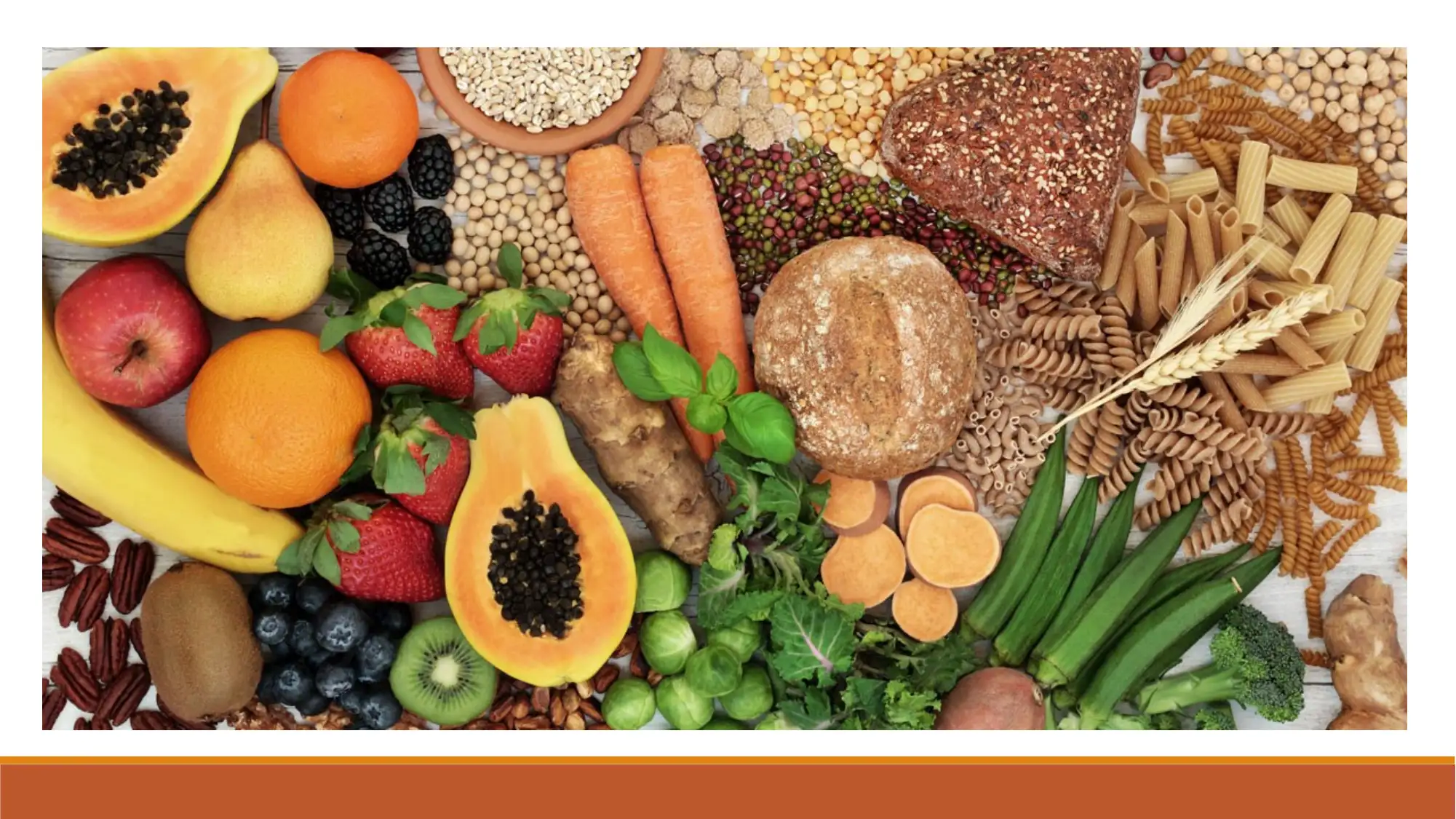

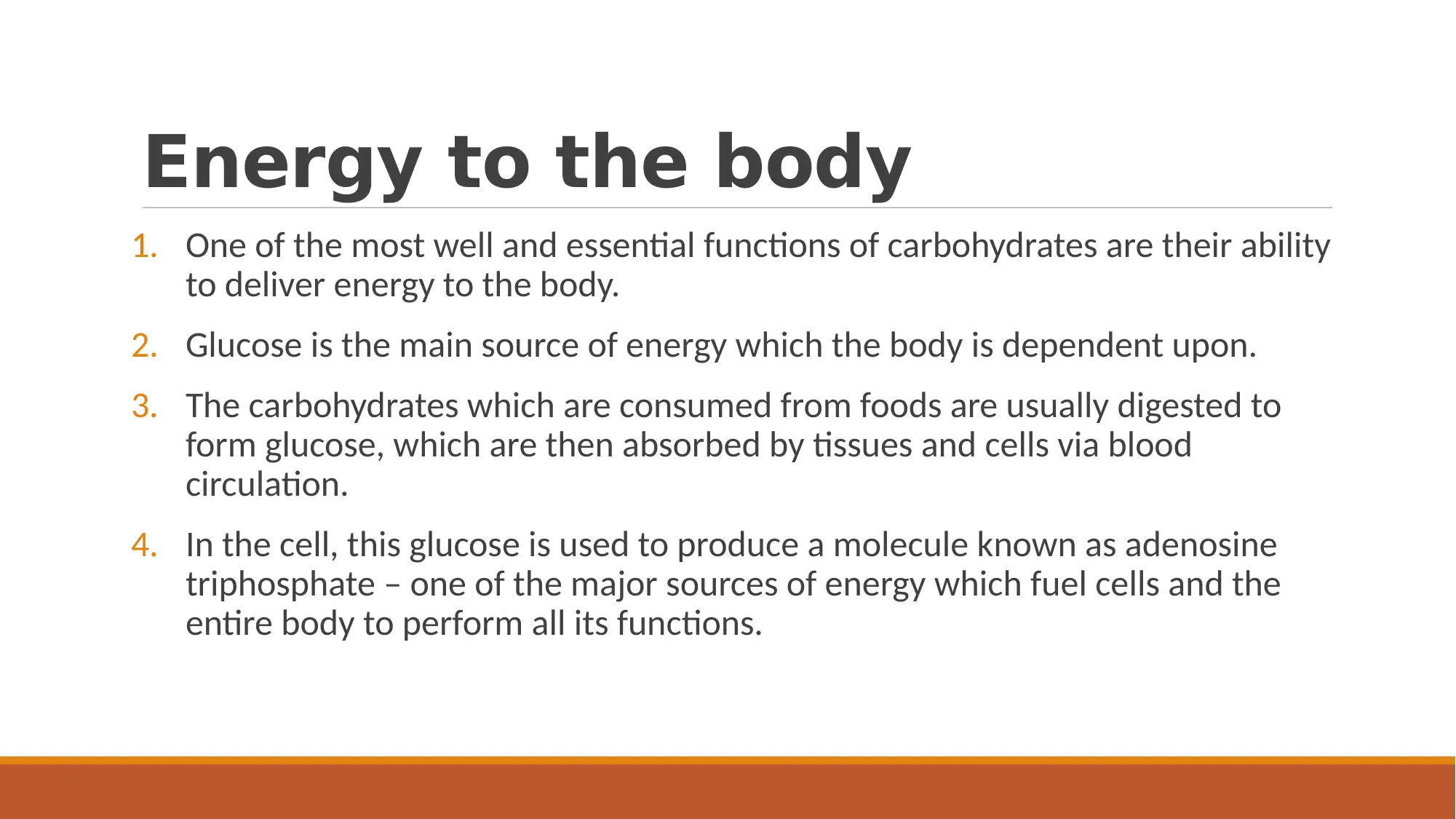
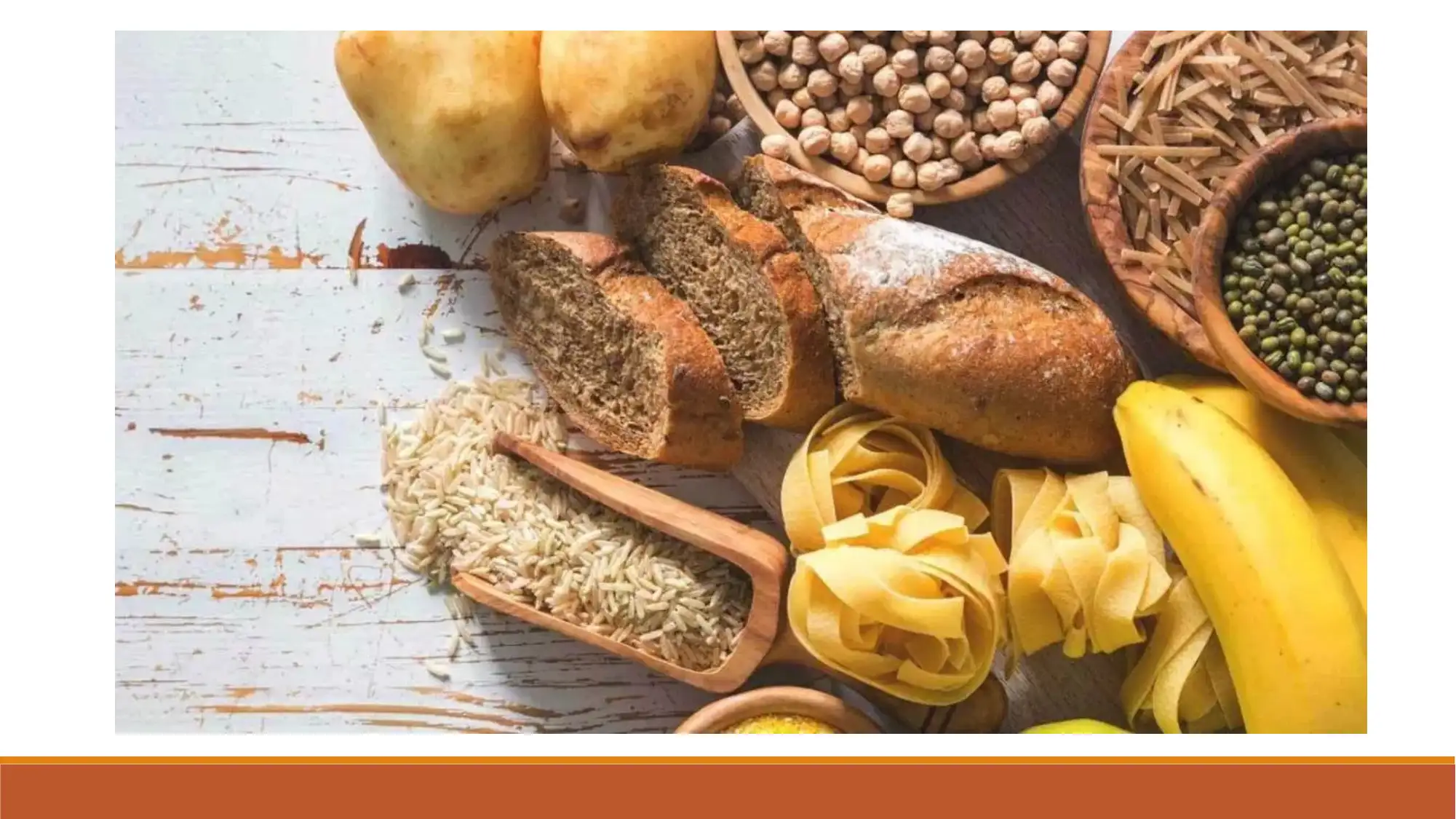
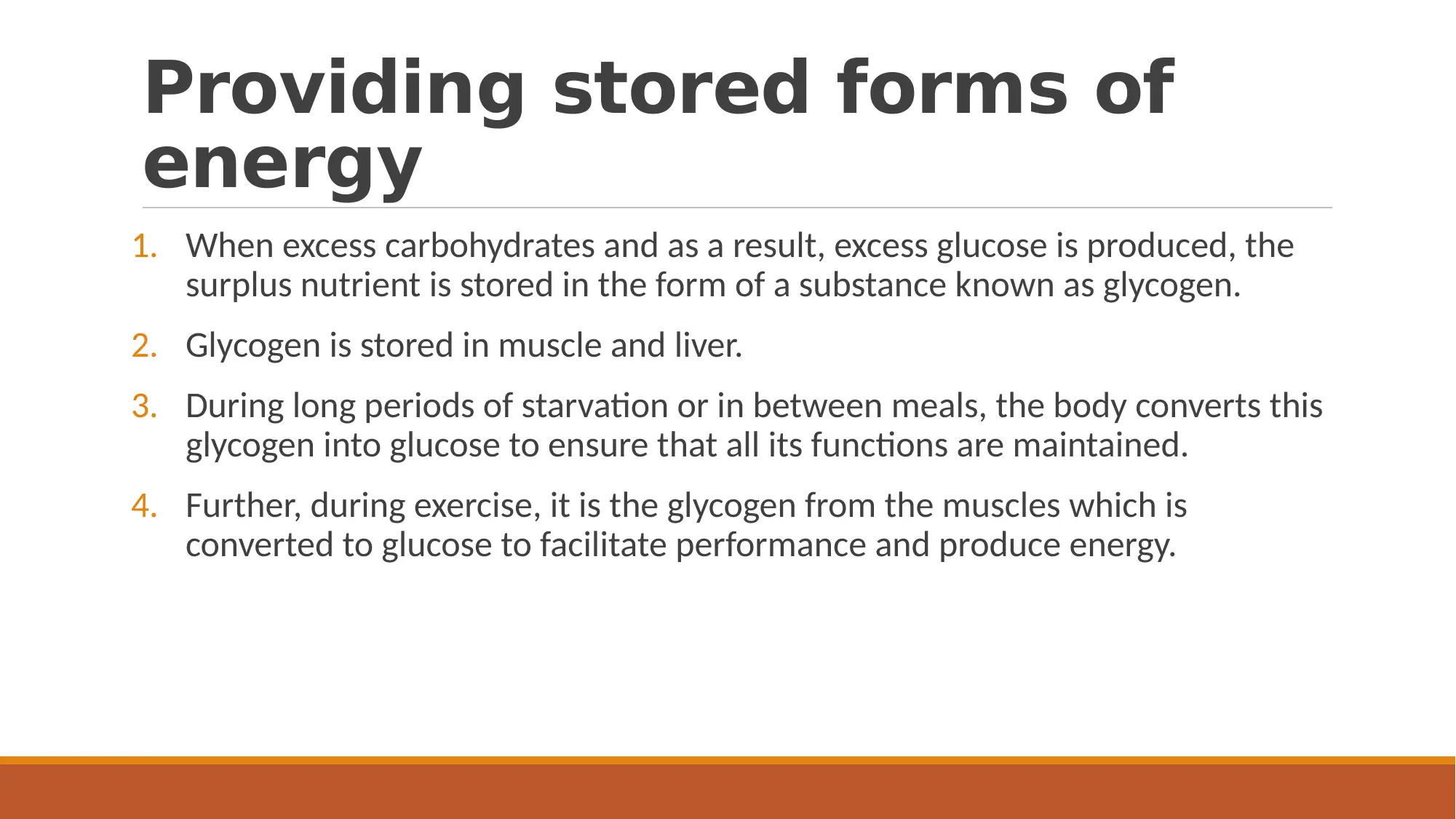
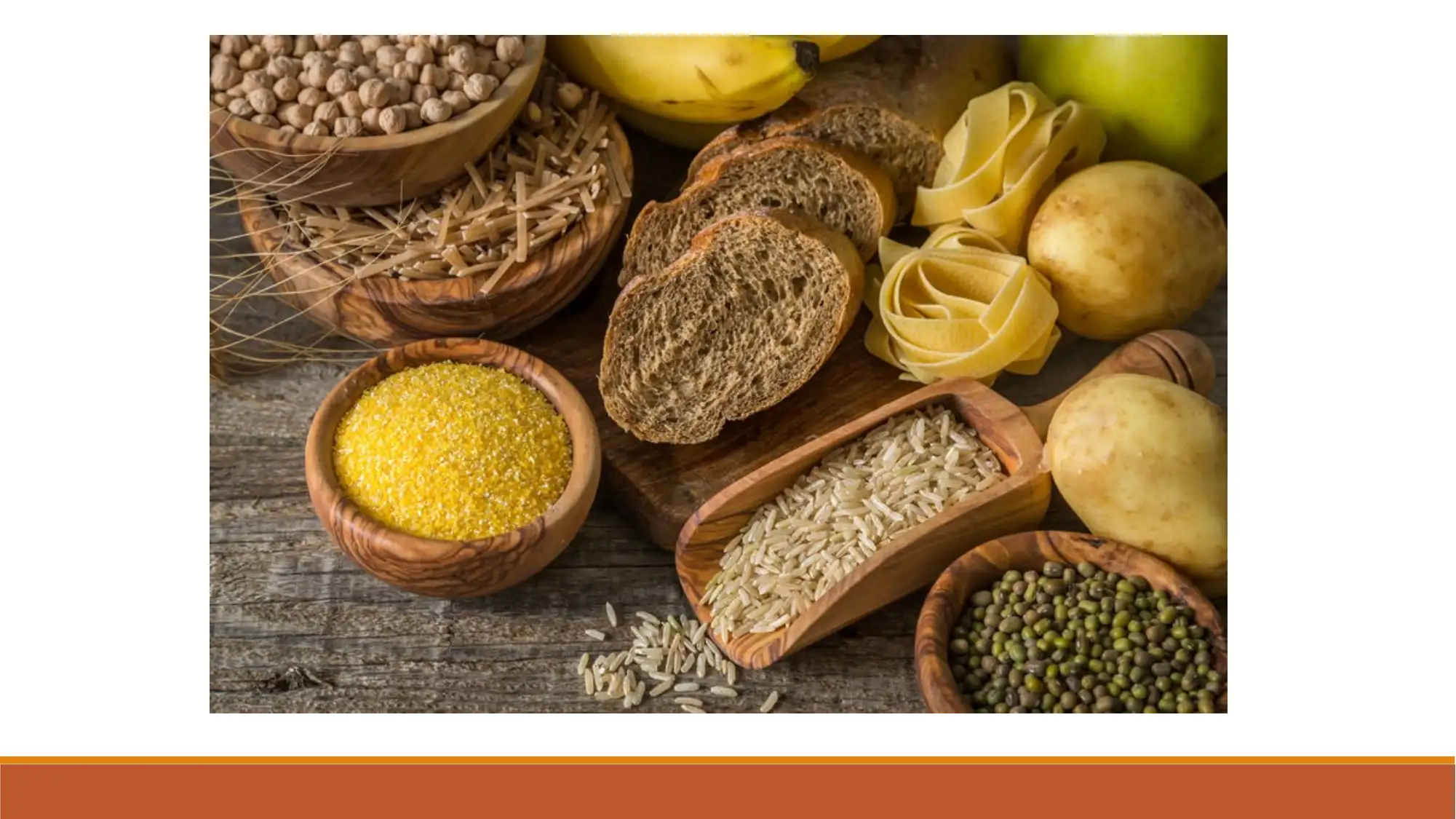
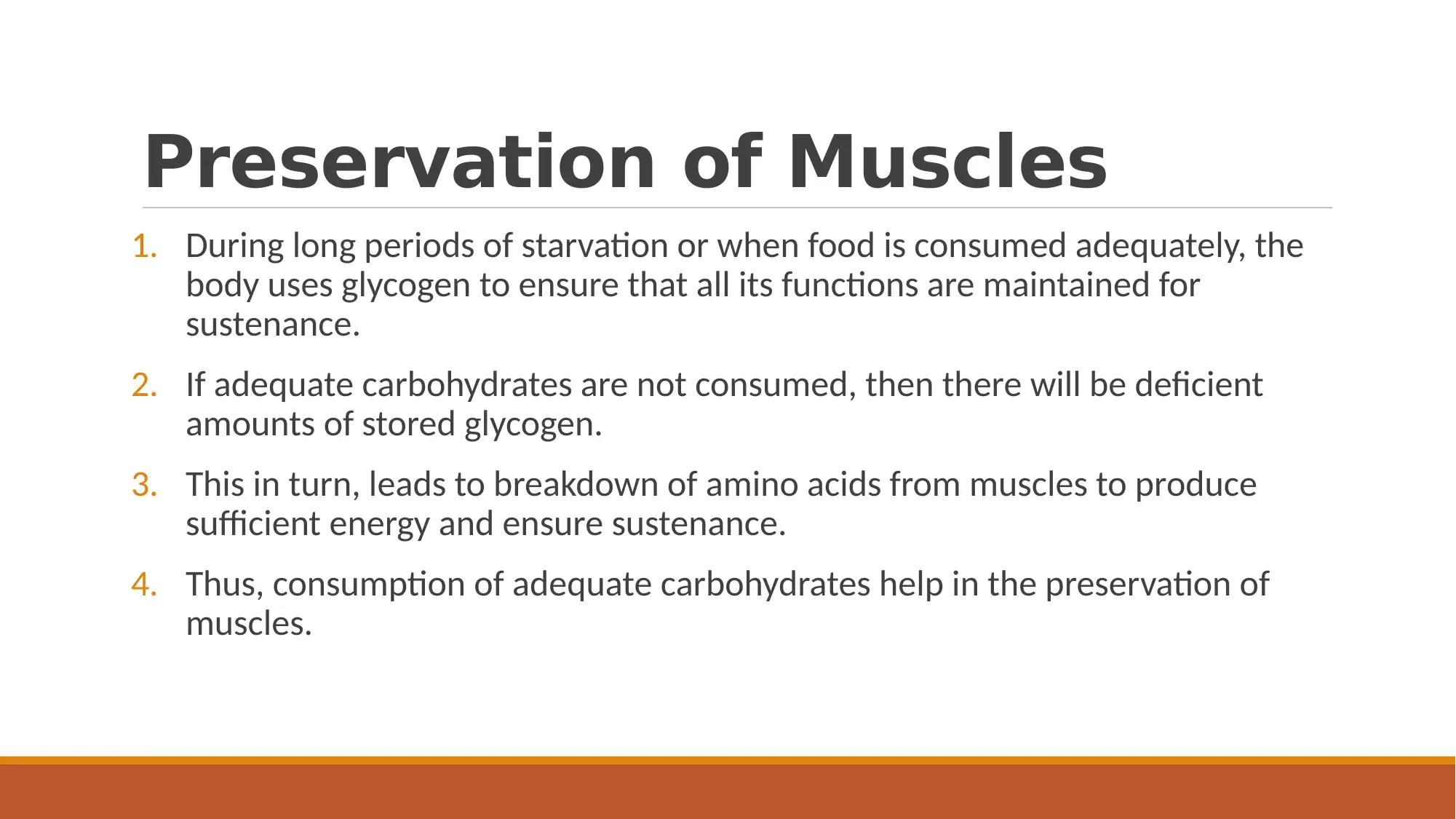
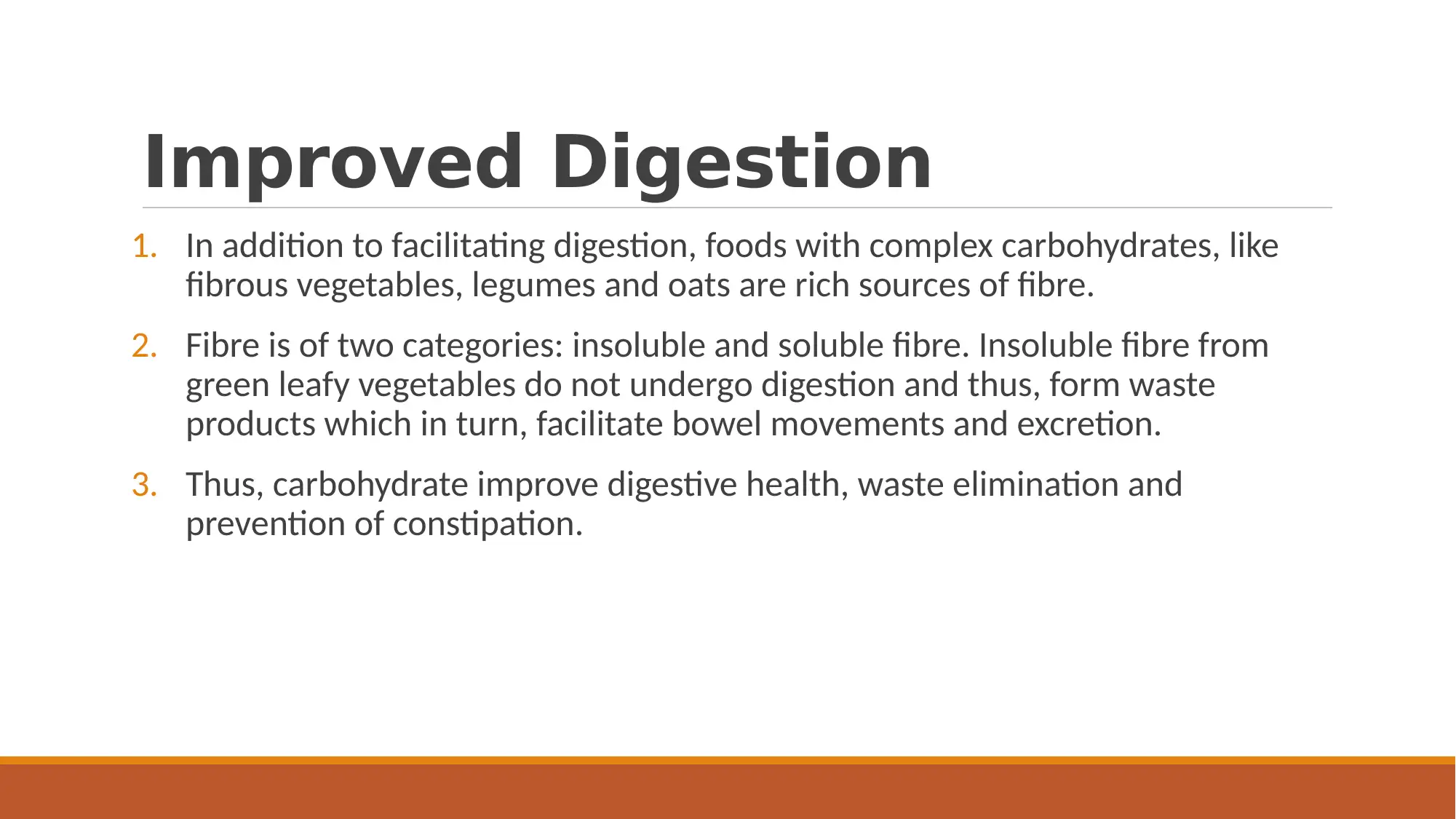
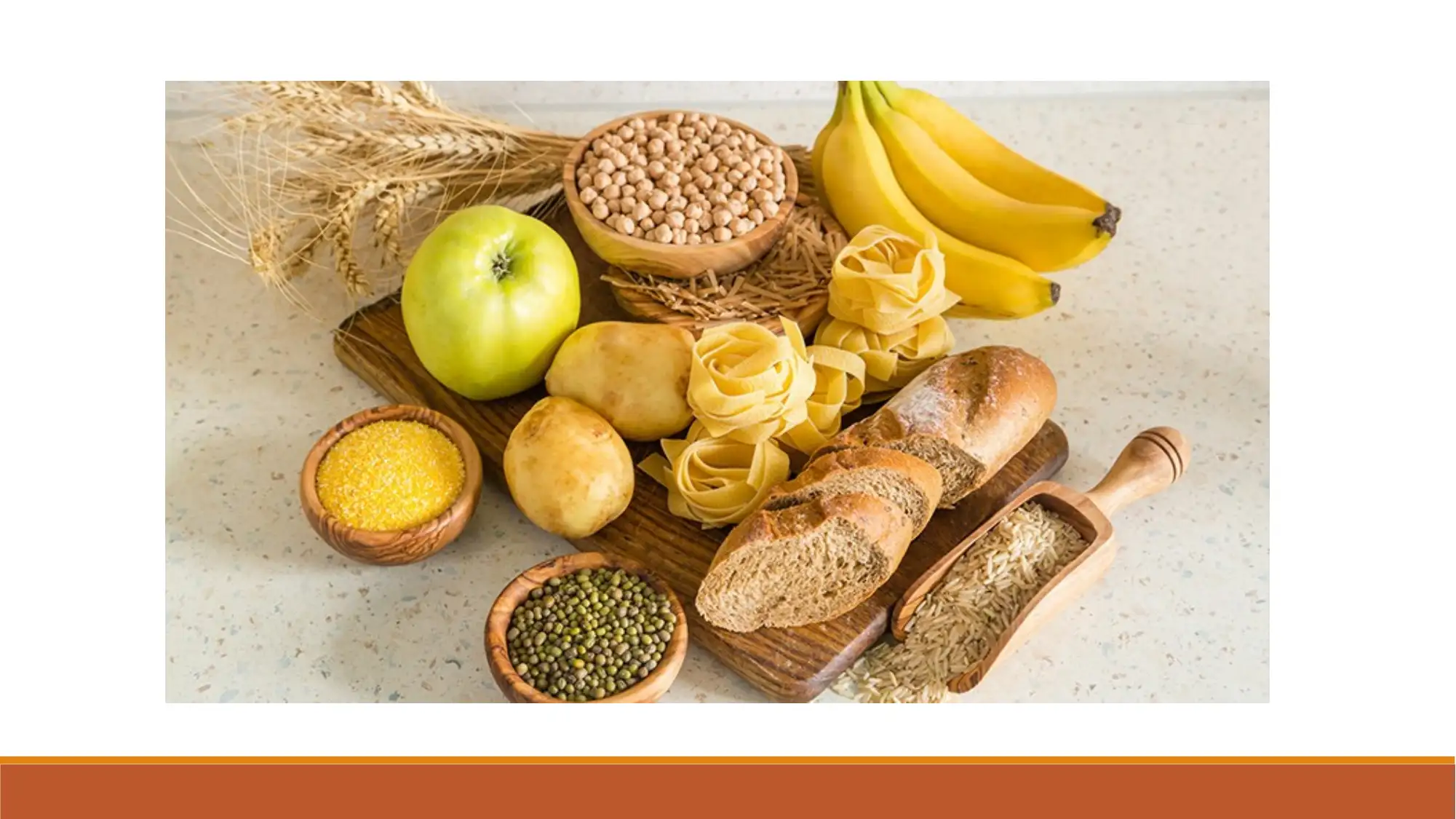
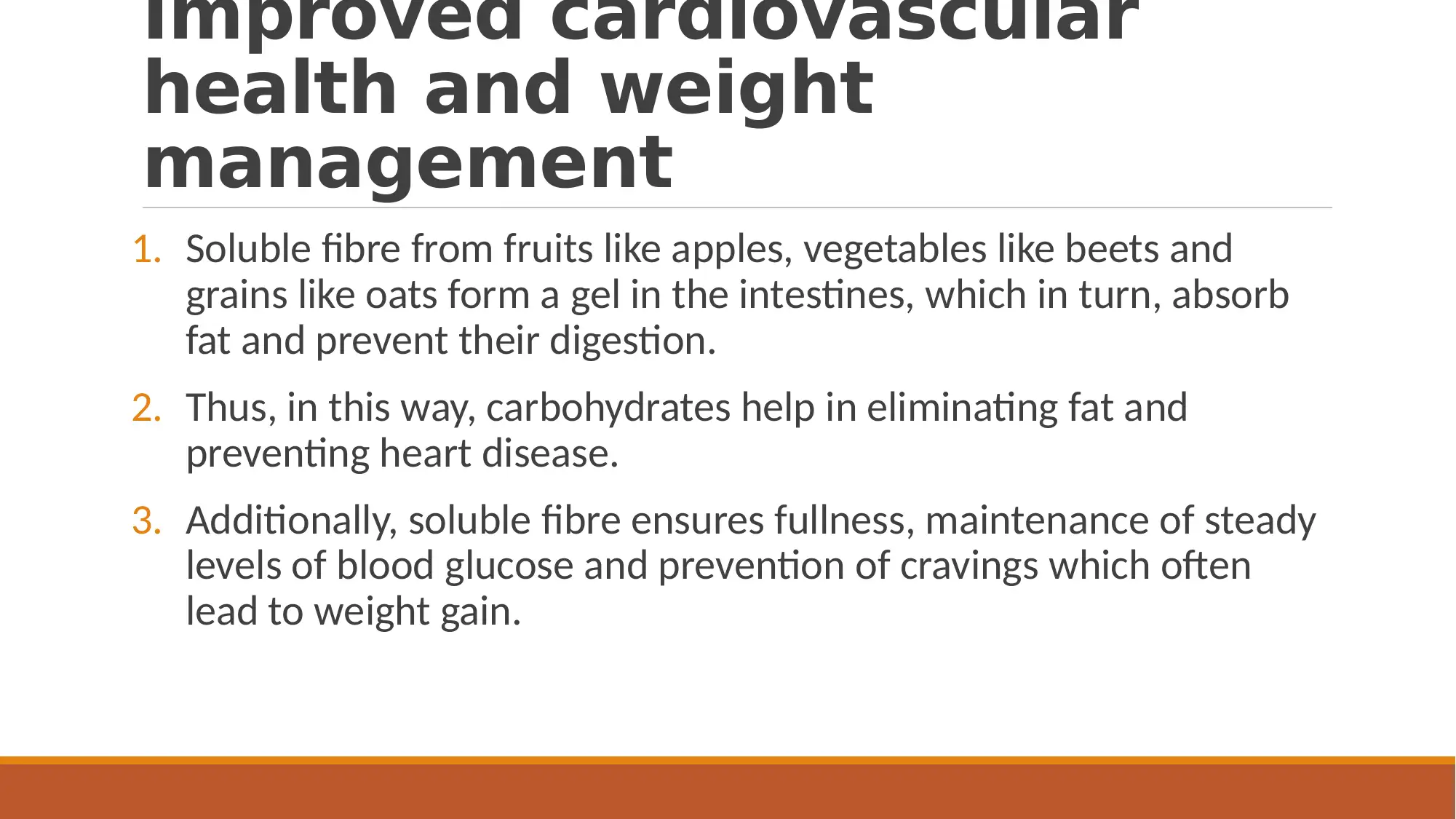
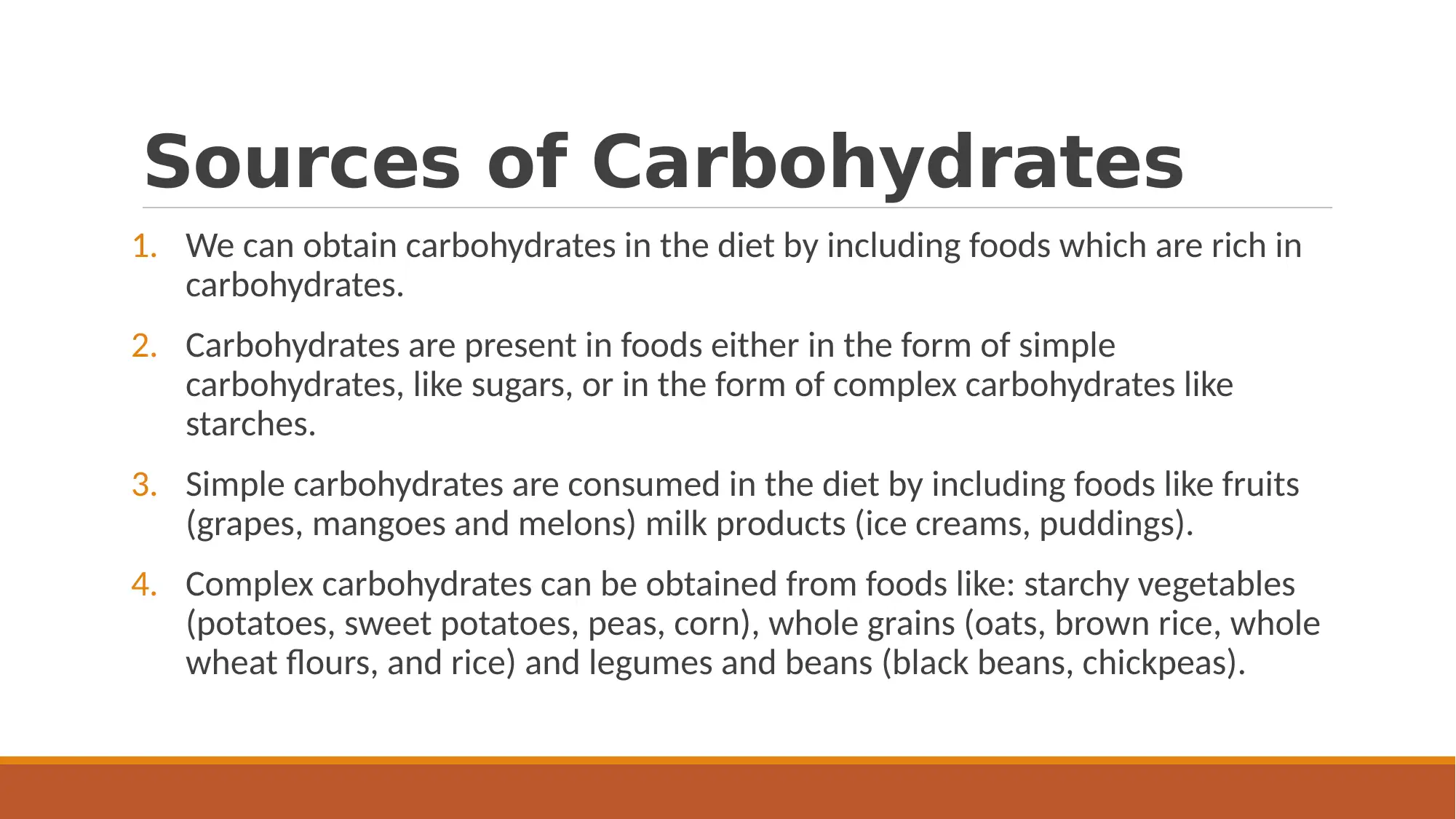






![[object Object]](/_next/static/media/star-bottom.7253800d.svg)